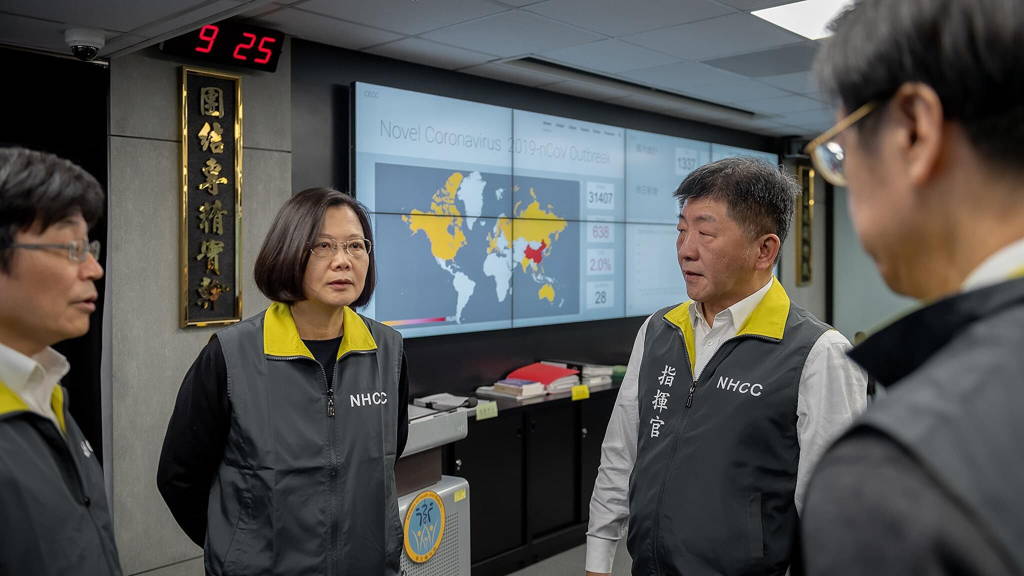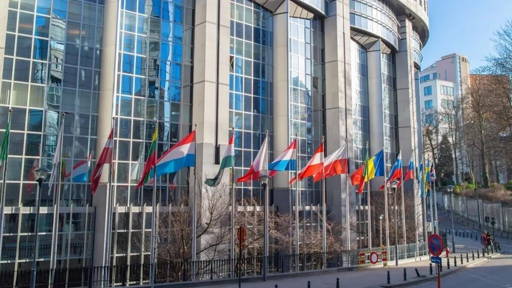It was very easy for the virus to spread to the island located just 130 km from the mainland. Taiwan has 23 million citizens, including 850,000 who reside in China and 404,000 who work there and commute on a regular basis. Besides, 3 million Chinese tourists visit the province every year. But ever since the outbreak of SARS in 2003, the country has been on constant alert in case of similar emergencies. Several facts confirm that Taiwan's response to COVID-19 was effective. The details were described by three scientists in the prestigious "Journal of the American Medical Association" (JAMA).
On December 31, when the World Health Organization notified the public about the wave of cases of a novel disease of unknown origin in Wuhan, China, the Taiwanese authorities began measuring the temperature of passengers traveling from Wuhan and monitoring them for pneumonia symptoms. The National Health Insurance (NHI) database was integrated with immigration and customs data to quickly identify individuals, based on big data analytics, who could have been potentially exposed to the virus. A new risk assessment system based on QR code scanning, travel history, and health condition was implemented. It took just one day. At that time, there were no tests for SARS-CoV-2, so individuals at the highest risk of infection were screened for 26 other viruses. Those displaying symptoms of the disease were immediately subjected to quarantine and tracked through their mobile phones.
Using the NHI database, Taiwan identified individuals with respiratory symptoms who had tested negative for influenza. They were then retested for COVID-19. Out of 113 cases, one tested positive for the coronavirus. A hotline was immediately introduced and citizens were regularly updated on the progress of the pandemic.
Lesson from 2003
One year after the SARS outbreak, the Taiwanese government established the National Health Command Center (NHCC), forming part of a crisis management center. The NHCC unified the central command system together with other bodies responsible for pandemic control and prevention. On January 20, when the first few cases were reported, a special task force was officially activated within the NHCC. Its tasks included coordinating actions taken by various ministries and implementing procedures to counteract the spread of the SARS-CoV-2 virus. These included technologies for identifying new cases, active search for suspected cases, management of equipment resources, and solutions meant to support businesses in the time of the crisis.
On January 20, Taiwan had a stockpile of 44 million surgical masks. Their production was immediately increased using government funds. Masks for citizens could be bought only in pharmacies at a fixed price. The Vice President of Taiwan, the Minister of Health, and a recognized epidemiologist, shared current data regarding the pandemic and measures taken during their daily press conferences. Later, this model was also introduced in other countries.
After the SARS outbreak in 2003, Taiwan was better prepared for the next crisis
Taiwan's success in fighting the pandemic is a result of a few factors. Firstly, Taiwan learned from the SARS epidemic in 2003 and established the National Health Command Center (NHCC), which made it possible to act quickly according to predetermined plans. Secondly, Taiwan digitalized the health-related databases, enabling case identification and, thanks to the high level of digitalization, created the possibility of fast data analysis and, additionally, tracked individuals at high risk.
According to data published in JAMA's "Response to COVID-19 in Taiwan. Big Data Analytics, New Technology, and Proactive Testing," a system for registering the households of Taiwanese citizens combined with data collected from foreigners' entry cards, proved to be very helpful. These datasets enabled the government to track individuals at high risk, identified based on travel history in areas affected by the pandemic. Thirdly, Taiwan stocked essential medical supplies. As a result, all citizens could buy masks. Finally, the cultural factor must be mentioned. The Taiwanese are disciplined. They also put a lot of trust in their government and followed the guidelines introduced.






